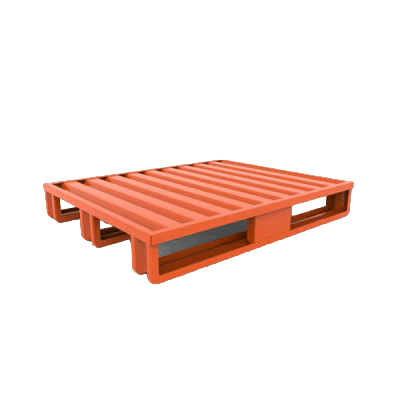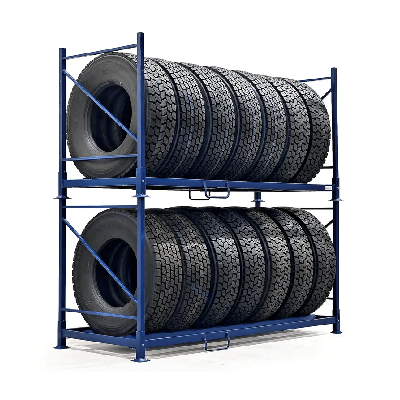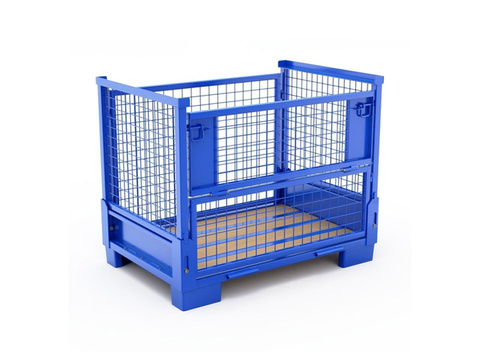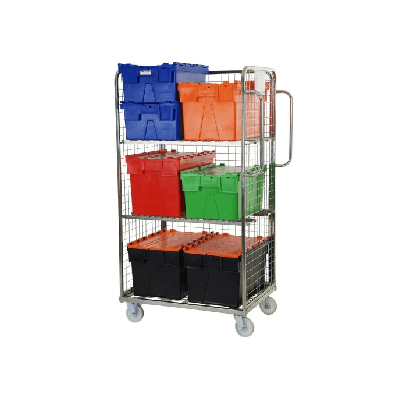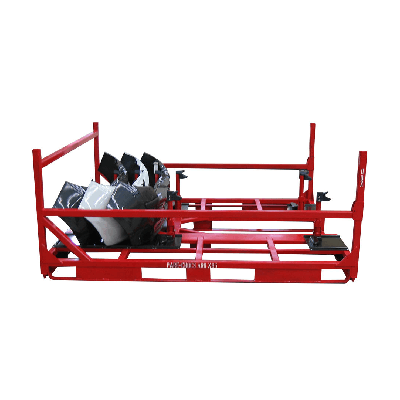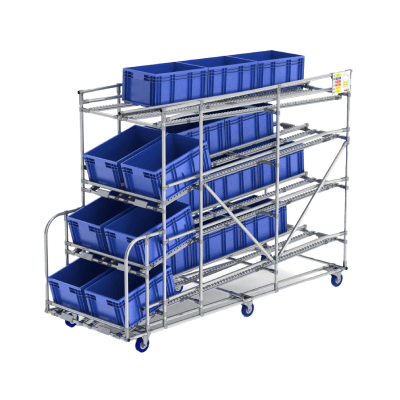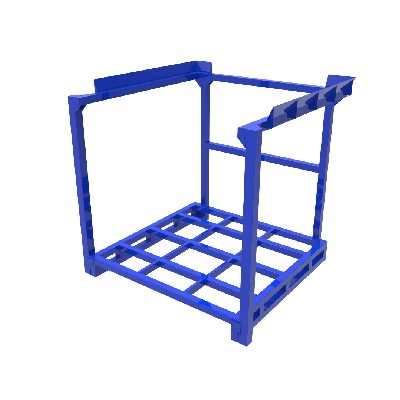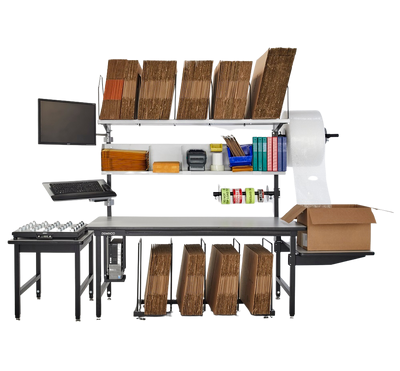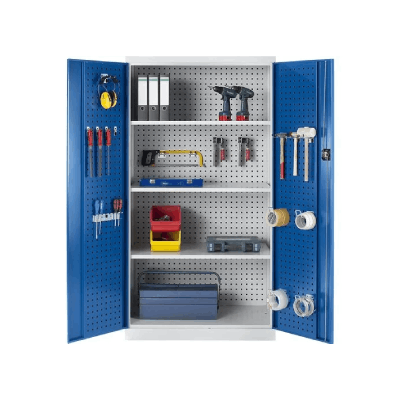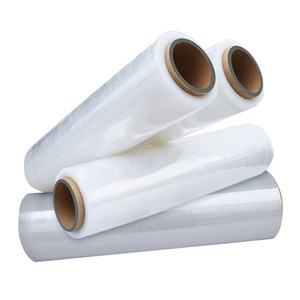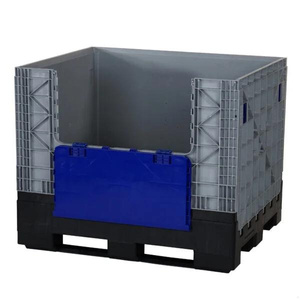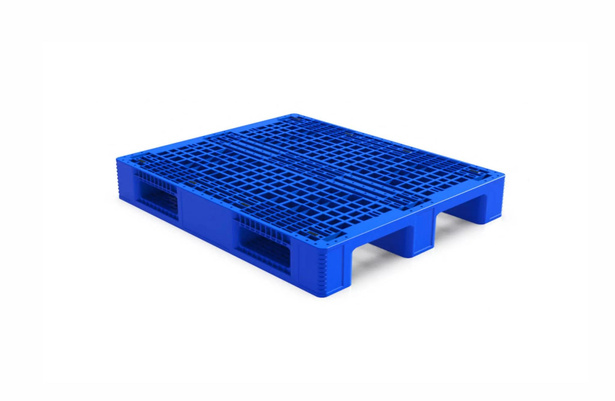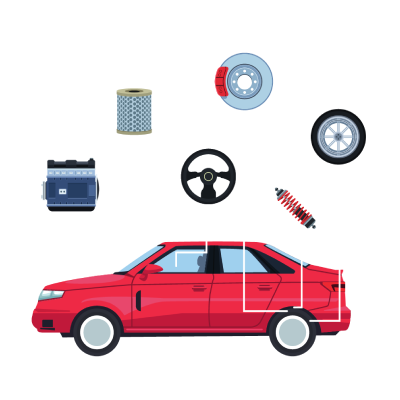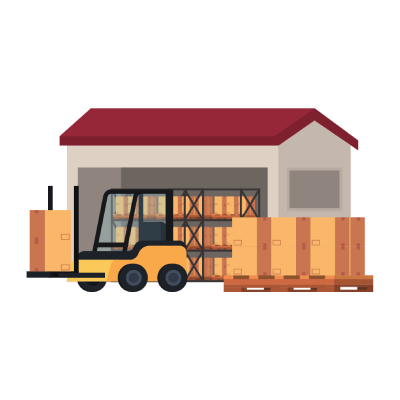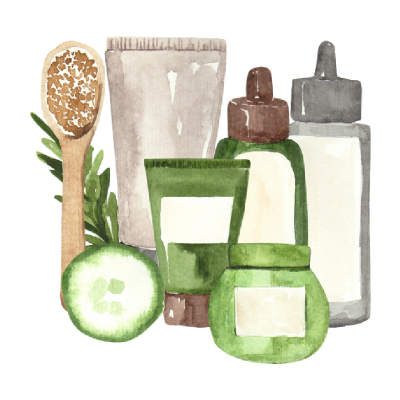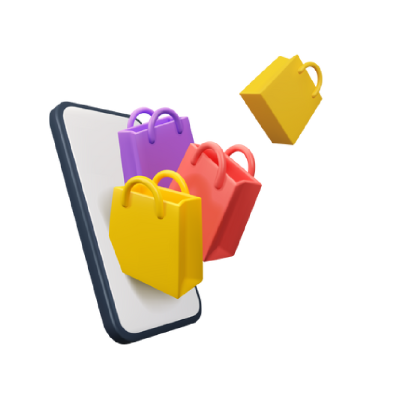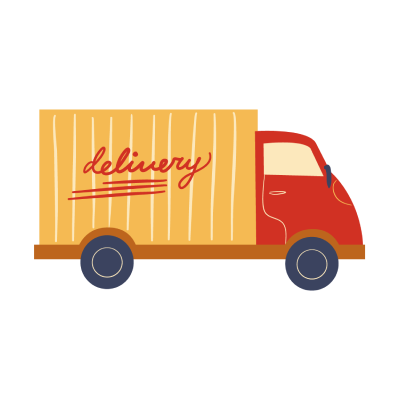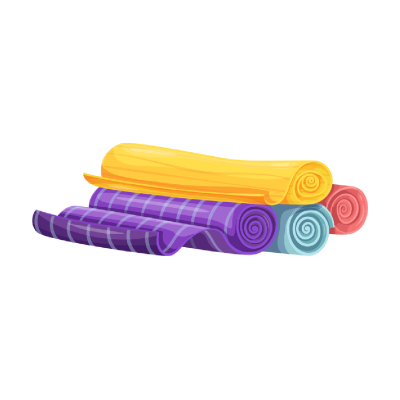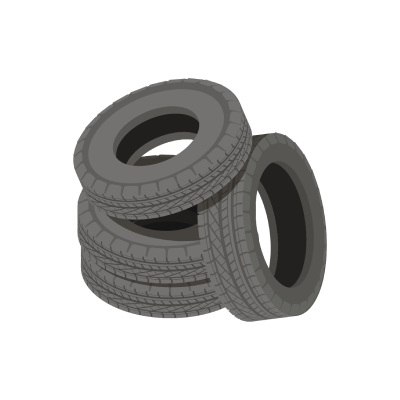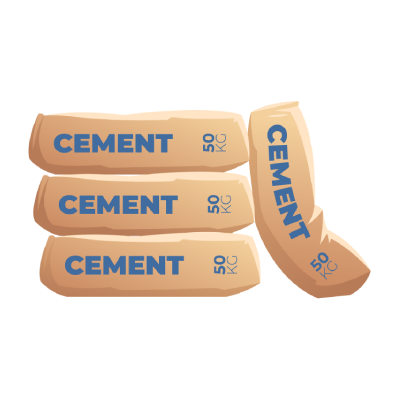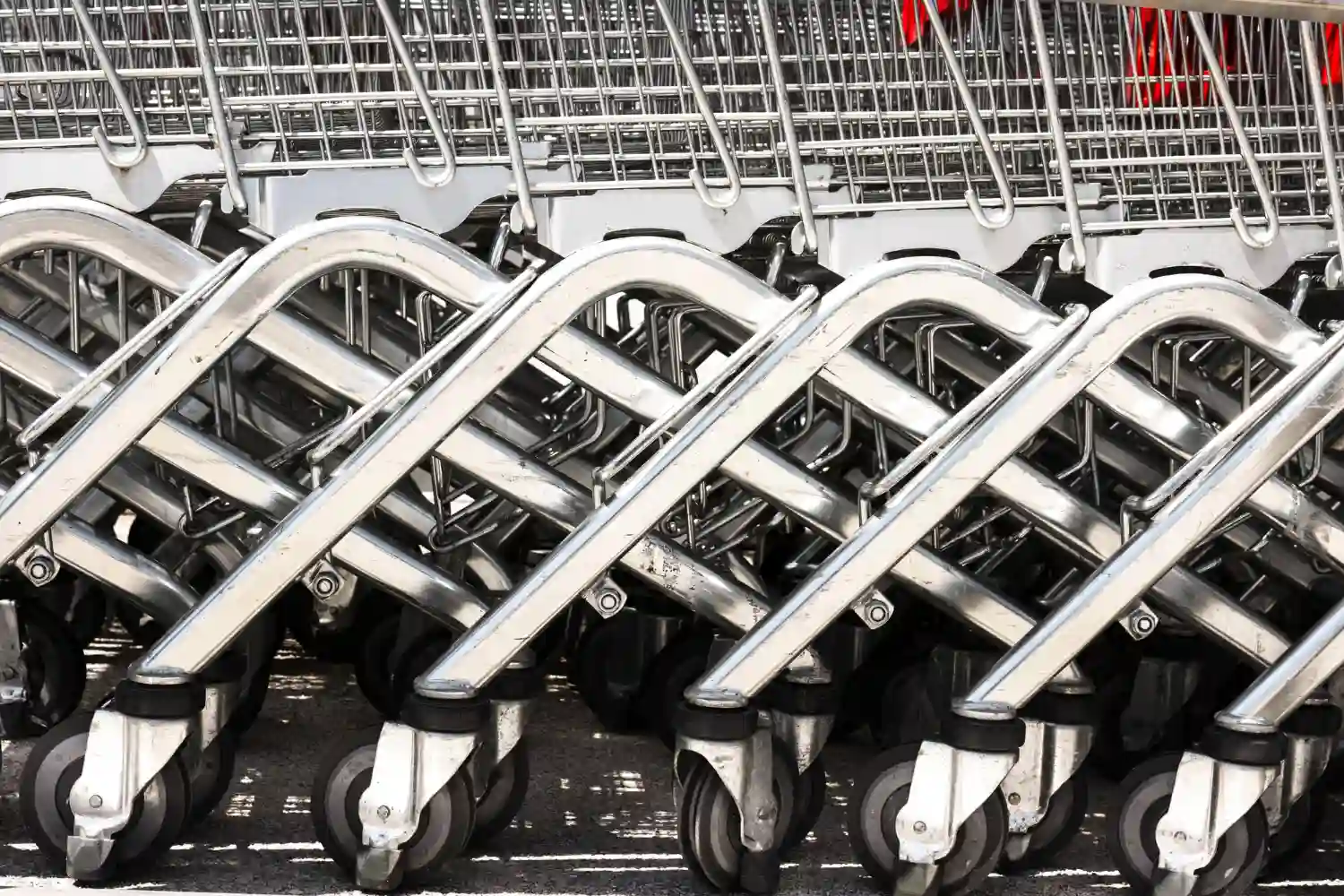
When it comes to seamless material handling and logistics, choosing the right material trolley manufacturer is pivotal. Whether you’re managing a warehouse, a factory floor, or a distribution center, material trolleys are essential for streamlining operations, improving productivity, and reducing manual labor. In this guide, we’ll explore the role of material trolleys, the importance of selecting the right manufacturer, and how innovative designs can transform your material handling processes.
Understanding the Importance of Material Trolleys
Material trolleys, also known as transport trolleys or industrial carts, are indispensable tools in modern industries. These versatile units are designed to move materials, goods, and equipment efficiently across various environments. From lightweight designs for office use to heavy-duty models for industrial settings, trolleys cater to diverse needs.
Key Benefits of Material Trolleys:
- Enhanced Efficiency: Streamline the movement of goods and reduce handling time.
- Safety: Minimize workplace injuries by reducing the need for manual lifting.
- Organization: Keep materials systematically arranged and easily accessible.
- Durability: Engineered for long-term use in demanding environments.
Choosing the Right Material Trolley Manufacturer
Selecting the right material trolley manufacturer is essential to ensure quality, reliability, and tailored solutions. A reputable manufacturer provides trolleys that meet your operational requirements while adhering to safety and quality standards.
Factors to Consider:
- Material Quality: Manufacturers should use premium materials like stainless steel, aluminum, or reinforced plastics for durability.
- Customization Options: Look for a manufacturer that offers customizable designs to fit your specific needs.
- Ergonomic Designs: Trolleys should prioritize user comfort and ease of operation.
- Load Capacity: Ensure the trolley can handle the weight of your materials without compromising stability.
- Industry Experience: Experienced manufacturers understand the nuances of various industries and deliver suitable solutions.
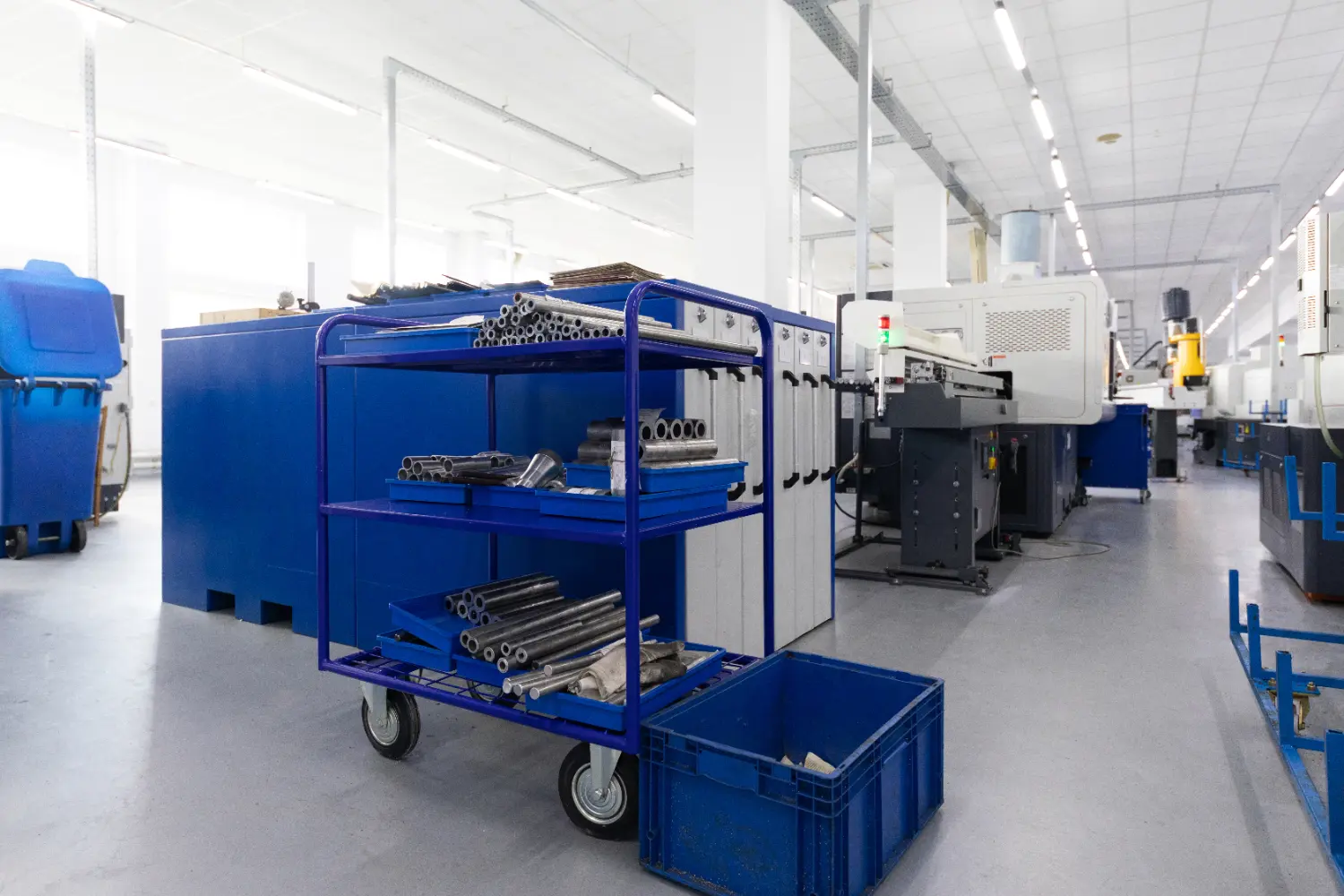
Innovative Features in Modern Material Trolleys
With advancements in technology, material trolleys have evolved to incorporate innovative features that enhance their utility and convenience.
1. Modular Designs
Many modern trolleys come with modular components, allowing users to adapt the structure according to their needs. Adjustable shelves, detachable trays, and foldable parts are becoming standard.
2. Heavy-Duty Casters
The use of high-quality casters ensures smooth movement even under heavy loads. Manufacturers now offer trolleys with anti-static, noise-reducing, and high-impact casters.
3. Smart Integration
Some advanced trolleys feature smart sensors to monitor weight, track movement, and provide real-time data for logistics management.
4. Corrosion Resistance
Industries dealing with chemicals or moisture-heavy environments benefit from trolleys coated with corrosion-resistant materials.
Applications of Material Trolleys Across Industries
Material trolleys are used in a wide range of industries, each requiring specific features to cater to their operational needs.
1. Warehousing and Logistics
In warehouses, material trolleys are used for transporting inventory, organizing goods, and streamlining shipping and receiving processes.
2. Manufacturing
Manufacturing units rely on heavy-duty trolleys for moving raw materials, semi-finished products, and machinery parts across assembly lines.
3. Healthcare
In hospitals and clinics, specialized trolleys are used for medical supplies, surgical instruments, and patient care equipment.
4. Retail and E-Commerce
Retailers and e-commerce businesses use lightweight and durable trolleys for stocking shelves, order picking, and delivery operations.
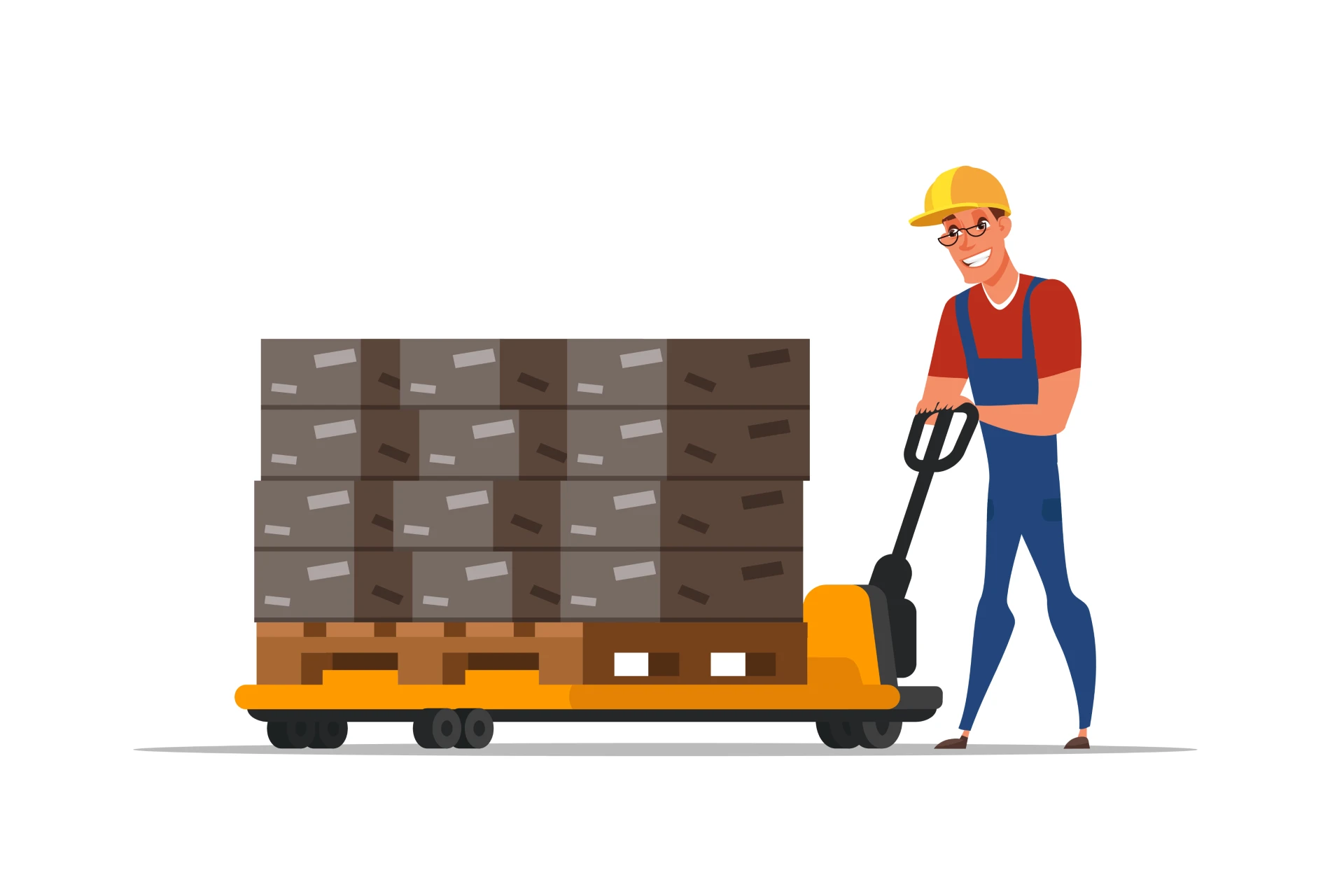
Custom Solutions for Unique Requirements
Every business has distinct material handling needs, and a reliable material trolley manufacturer understands this diversity. They provide custom solutions that cater to industry-specific challenges.
Benefits of Customization:
- Tailored dimensions for space optimization.
- Integration of specific features like locking mechanisms or anti-slip surfaces.
- Color coding for easy identification and categorization.
Quality Standards and Certifications
When evaluating a material trolley manufacturer, ensure they adhere to international quality standards and certifications. These standards guarantee product reliability, safety, and environmental compliance.
Common Certifications:
- ISO 9001: Quality management systems.
- ISO 14001: Environmental management standards.
- CE Marking: Compliance with EU safety standards.
Why Work with Industry-Leading Material Trolley Manufacturers?
Partnering with a reputable manufacturer ensures you get access to high-quality products, expert guidance, and ongoing support. Here are some reasons why working with industry leaders is beneficial:
1. Cutting-Edge Technology
Leading manufacturers invest in research and development, offering innovative and efficient designs.
2. Sustainable Practices
Eco-friendly manufacturing processes reduce environmental impact.
3. Global Reach
Reputable manufacturers often have a robust distribution network, ensuring timely delivery.
Future Trends in Material Trolley Manufacturing
As industries continue to evolve, the demand for smarter and more sustainable material handling solutions is on the rise.
Emerging Trends:
- Automation Integration: Trolleys with robotic capabilities for autonomous movement.
- IoT Connectivity: Internet-connected trolleys for real-time tracking and inventory management.
- Lightweight Materials: Use of carbon fiber and advanced composites for improved portability and strength.
- Circular Economy Designs: Trolleys designed for recycling and reusability to promote sustainability.
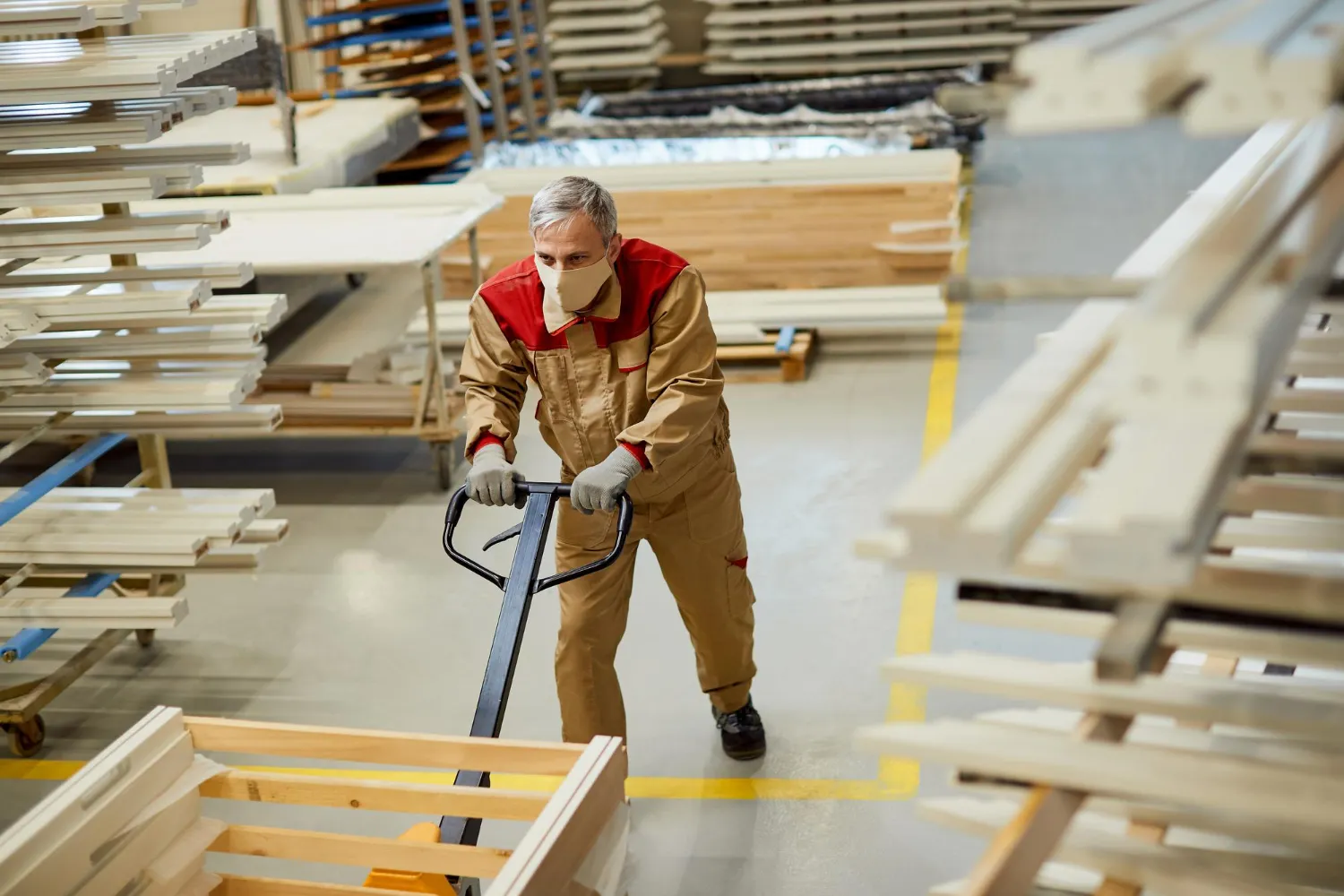
Conclusion
Choosing the right material trolley manufacturer is critical for enhancing operational efficiency and ensuring long-term value. By prioritizing quality, innovation, and customer-specific solutions, you can optimize your material handling processes across various applications.
For industry-leading material trolleys designed to meet your specific needs, consider Kole Pallet a trusted name in the field. With a commitment to quality and innovation, Kole Pallet delivers solutions that align with your business goals and ensure unparalleled performance.
Frequently Asked Questions:-
1. What factors should I consider when choosing a material trolley manufacturer?
- When selecting a material trolley manufacturer, consider their experience, product quality, customization options, load capacity of trolleys, and adherence to international standards like ISO certifications. These factors ensure you get durable, efficient, and tailored solutions for your material handling needs.
2. Can a material trolley manufacturer provide customized designs for my specific needs?
- Yes, many manufacturers offer customization options. You can request specific dimensions, materials, ergonomic features, and additional functionalities such as locking mechanisms or anti-slip surfaces to suit your unique operational requirements.
3. What materials are commonly used in high-quality material trolleys?
- High-quality trolleys are typically made from stainless steel, aluminum, reinforced plastics, or carbon fiber. These materials provide durability, lightweight designs, and resistance to wear and tear, ensuring long-lasting performance in various environments.
4. Are there material trolleys suitable for heavy-duty industrial applications?
- Absolutely. Heavy-duty material trolleys are designed to handle significant loads and are equipped with robust frames, reinforced platforms, and durable casters. They are ideal for industrial applications such as manufacturing, warehousing, and logistics.
5. Why should I choose a reputable material trolley manufacturer over cheaper alternatives?
- Reputable manufacturers prioritize quality, safety, and innovation, ensuring you receive reliable products that meet industry standards. While cheaper alternatives may save money upfront, they often compromise durability and functionality, leading to higher long-term costs and potential safety issues.

